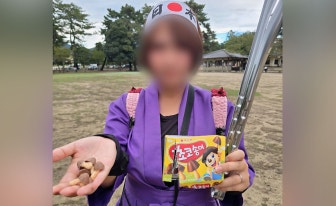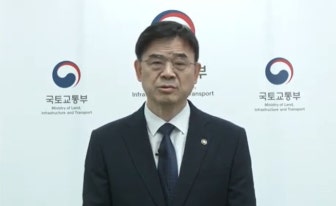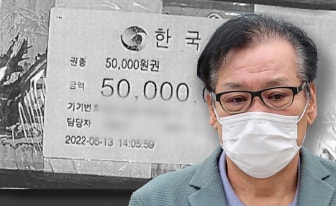The main suspect in the death of a Korean university student who died in August after being tortured in a scam compound in Cambodia has been identified as an accomplice in a 2023 drug case targeting teenagers in Gangnam District, southern Seoul, Korea’s intelligence agency said on Wednesday.
Lawmakers Park Sun-won of the Democratic Party and Lee Seong-kweun of the People Power Party, both members of the National Assembly Intelligence Committee, said the National Intelligence Service (NIS) shared the findings during a closed-door briefing.
The NIS said it obtained initial intelligence on the case three days after the student’s death and confirmed the suspect’s identity within eight days. The suspect was involved in an April 2023 drug scheme in which Chinese nationals and Korean collaborators distributed methamphetamine-laced drinks to teenagers, posing as “focus-enhancement beverages,” before trying to extort money from them.
Methamphetamine is a potent and addictive drug that speeds up the brain and body, making people feel very alert and full of energy.
"With the support of the NIS, the person who was arrested in Cambodia has been confirmed as an accomplice of the main suspect in the killing of the Korean student," Park told reporters.
The NIS also estimated that between 1,000 and 2,000 Koreans are involved in scam operations in Cambodia. The agency reported that among 3,075 people arrested in Cambodia during a crackdown in June and July, 57 were Korean nationals.
Park said the scam compounds operate in more than 50 locations across Cambodia, including Phnom Penh and Sihanoukville, and estimated that around 200,000 people are involved in the operations.
“These criminal networks are deeply entrenched and big,” he said. “They are believed to have earned $12.5 billion in criminal profits in 2023 — roughly half of Cambodia’s GDP.
"The NIS is actively carrying out intelligence operations aimed at rooting out these networks and reported that it recently uncovered a Laos-based group supplying voice phishing relay devices to scammers operating inside Korea."
Lee also described the government's growing concerns that rescued Korean nationals could return to Cambodia or neighboring countries and rejoin scam operations.
“The NIS is working closely with other agencies to prevent this from happening,” he said. “The Ministry of Foreign Affairs is considering canceling passports, the Ministry of Justice is preparing exit bans and the National Police Agency plans to request Interpol red notices.”
Lee said the Koreans caught in scam operations should not automatically be viewed as victims.
“It doesn’t apply in every case, but it’s more accurate to describe them as criminal suspects,” he said. “The NIS believes that the roughly 50 Korean nationals who were repatriated also participated in the scam operations.”
The agency also stressed the dangers involved in these criminal networks.
“Deploying armed guards to evade Cambodian crackdowns and luring Koreans to these scam compounds is a serious crime,” the NIS said. “Those who get involved risk serious harm, including the possibility of losing their lives."
This article was originally written in Korean and translated by a bilingual reporter with the help of generative AI tools. It was then edited by a native English-speaking editor. All AI-assisted translations are reviewed and refined by our newsroom.
![The Cambodian national flag flies at Techo International Airport in Cambodia on Oct. 15. [NEWS1]](https://imgnews.pstatic.net/image/640/2025/10/22/0000078689_001_20251022190012993.jpg?type=w860)
![A building suspected to be part of a criminal compound is seen in Sihanoukville, Cambodia on Oct. 14. [YONHAP]](https://imgnews.pstatic.net/image/640/2025/10/22/0000078689_002_20251022190013060.jpg?type=w860)














































